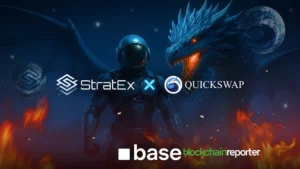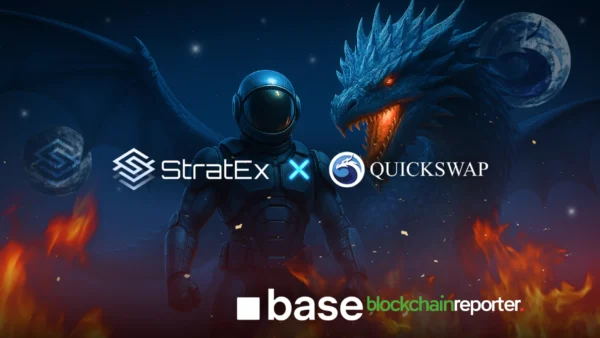
- 1. The Climate Crisis: A Modern Dilemma
- 1.1. Introducing a New Age: Centigrade’s Unique Approach
- 1.1.1. Key Features and Collaborations
- 1.2. The Need for Centigrade: Current Challenges
- 1.2.1. Existing Limitations
- 1.3. The Path to Innovation: A Collaborative Effort
- 1.4. Blockchain: The Game-Changer
- 1.4.1. Ripple’s Commitment
- 1.5. The Ongoing Journey to a Sustainable Future
- 1.5.1. Learning and Evolution
- 2. Conclusion
The Climate Crisis: A Modern Dilemma
In the face of an urgent global climate crisis, the quest to transition swiftly to a low-emission global economy has never been more paramount. The silver lining in this daunting challenge lies in innovative technologies and fresh organizational methods, which carry immense potential, thanks to their foundation in trust, integrity, and validation.
Introducing a New Age: Centigrade’s Unique Approach
In a collaboration between the Rocky Mountain Institute (RMI) and Ripple, a groundbreaking company named Centigrade has been introduced. Serving as an accessible and transparent data platform for global carbon and nature markets, Centigrade aims to revolutionize the way developers of carbon and nature credits bring their projects to life.
Key Features and Collaborations
Resulting from a year of intensive research and collaboration with various stakeholders, Centigrade stands tall as an emblem of innovation. Ripple takes immense pride in being part of this initiative as a founding member and technology partner, pledging to unlock unprecedented value for all parties involved in carbon projects.
The Need for Centigrade: Current Challenges
The existing carbon markets, meant to offset emissions temporarily and fund climate mitigation initiatives, are faced with a crisis of belief. This crisis stems from doubts surrounding the effectiveness, scalability, and efficiency of the current market.
Existing Limitations
- Lack of Quality Supply: Current markets suffer from a deficiency in capital, hindering the growth of carbon removal companies.
- Inefficiency and Lack of Trust: The centralized market mechanisms, coupled with cumbersome due diligence processes, have created barriers in transparency and trust.
- Narrow Focus: The excessive concentration on carbon has overshadowed the diverse range of climate-positive activities that include air, water, soil, biodiversity, and human elements, thus limiting the scope.
The Path to Innovation: A Collaborative Effort
Addressing these challenges requires concerted efforts to modernize and expand the carbon markets. The following strategies are imperative:
- Creating a comprehensive definition of climate-positive activity.
- Developing new frameworks in collaboration with independent scientists and other stakeholders.
- Facilitating fairer price discovery and connecting suitable suppliers and investors.
- Applying the unlocked capital strategically.
- Utilizing decentralized technologies to enhance the market dynamism.
- Activating a new category of service providers that add value rather than extract it.
Blockchain: The Game-Changer
Blockchain technology has emerged as a critical tool to push global carbon markets to new heights. Ripple, along with other industry leaders, believes that the sustainable open-source blockchain technology they employ can solve critical issues, such as fraud, scalability, and transparency in carbon markets.
Ripple’s Commitment
In 2022, Ripple pledged $100M to bolster global carbon markets. Their investment also focuses on capitalizing and scaling carbon removal companies.
The Ongoing Journey to a Sustainable Future
While blockchain holds immense potential, it must be aligned with the real-world requirements and desired outcomes. In line with this, Ripple embarked on a learning journey, partnering with reputable climate-focused NGOs and leading carbon removal companies.
Learning and Evolution
The collaboration with various organizations and the creation of Centigrade marks a significant milestone in not only Ripple’s pursuit of sustainability but also in the worldwide effort to combat climate change.
Conclusion
Centigrade’s inception is more than a technological advancement; it’s a beacon of hope in the fight against climate change. By redefining the global carbon markets and harnessing the power of technology, Centigrade paves the way towards a future that promises ecological integrity and human prosperity. The global community must rally behind this initiative to fulfill the promise of a greener tomorrow.









